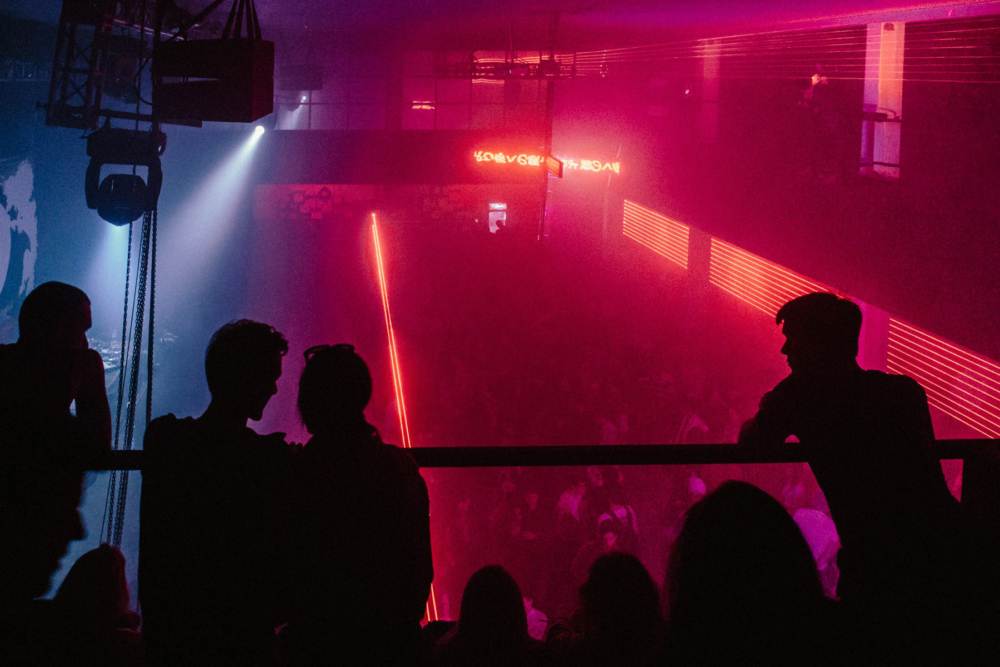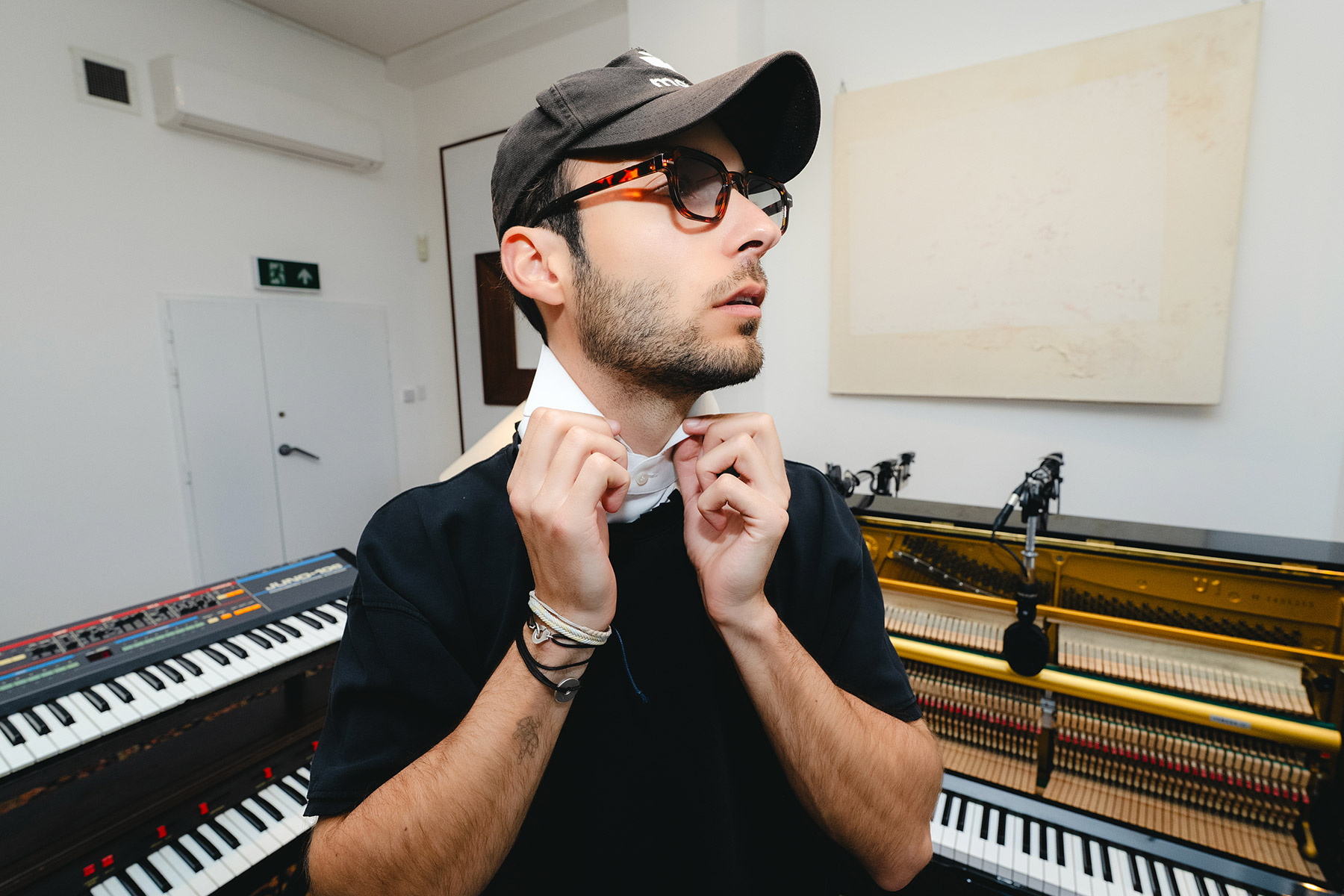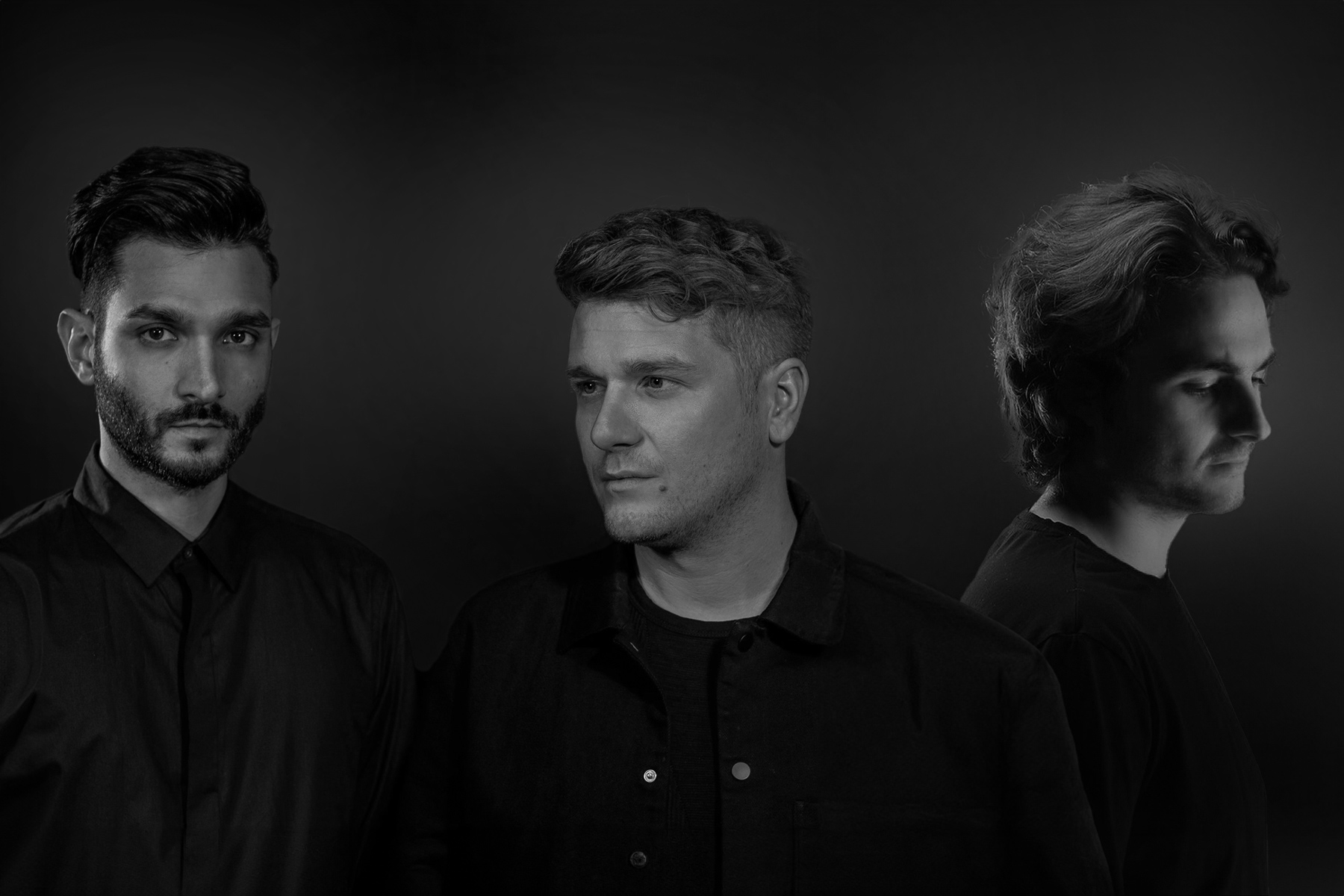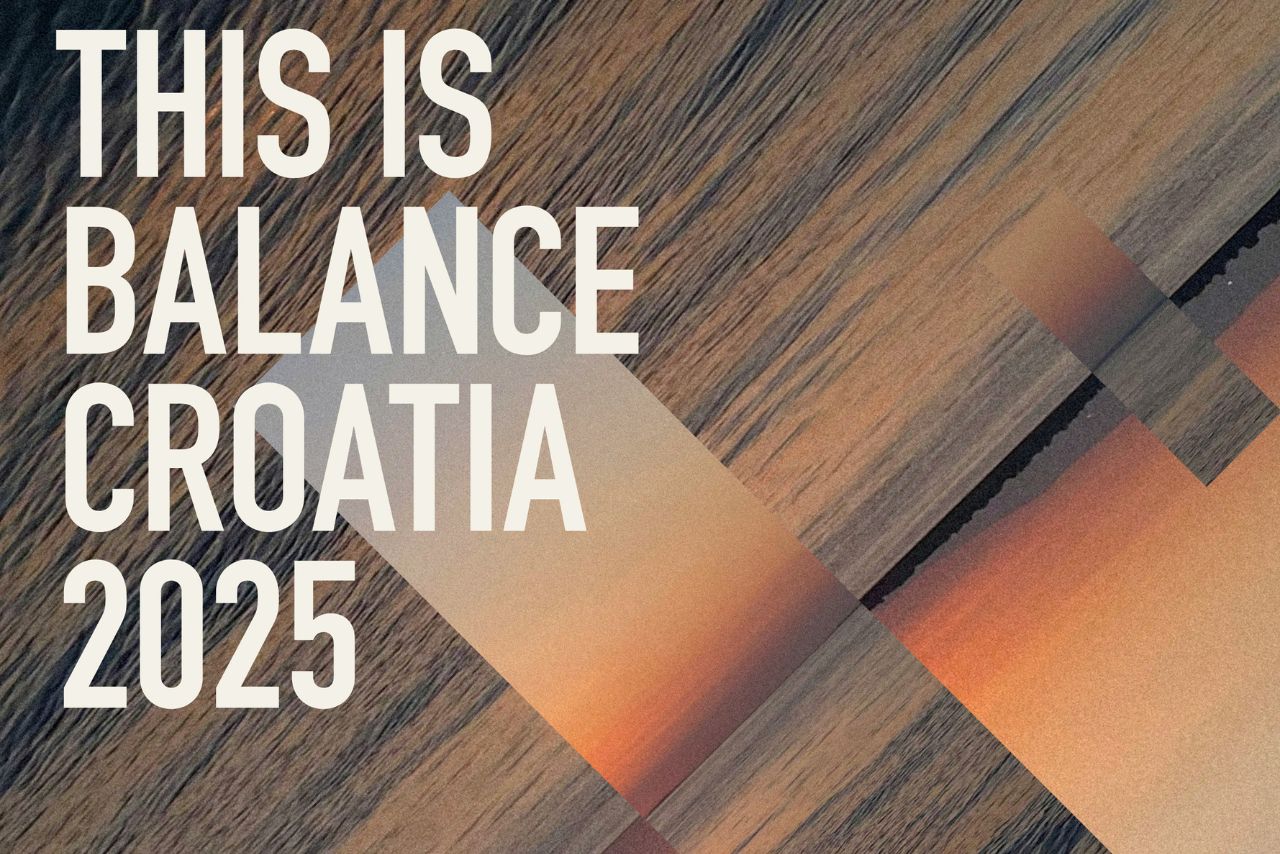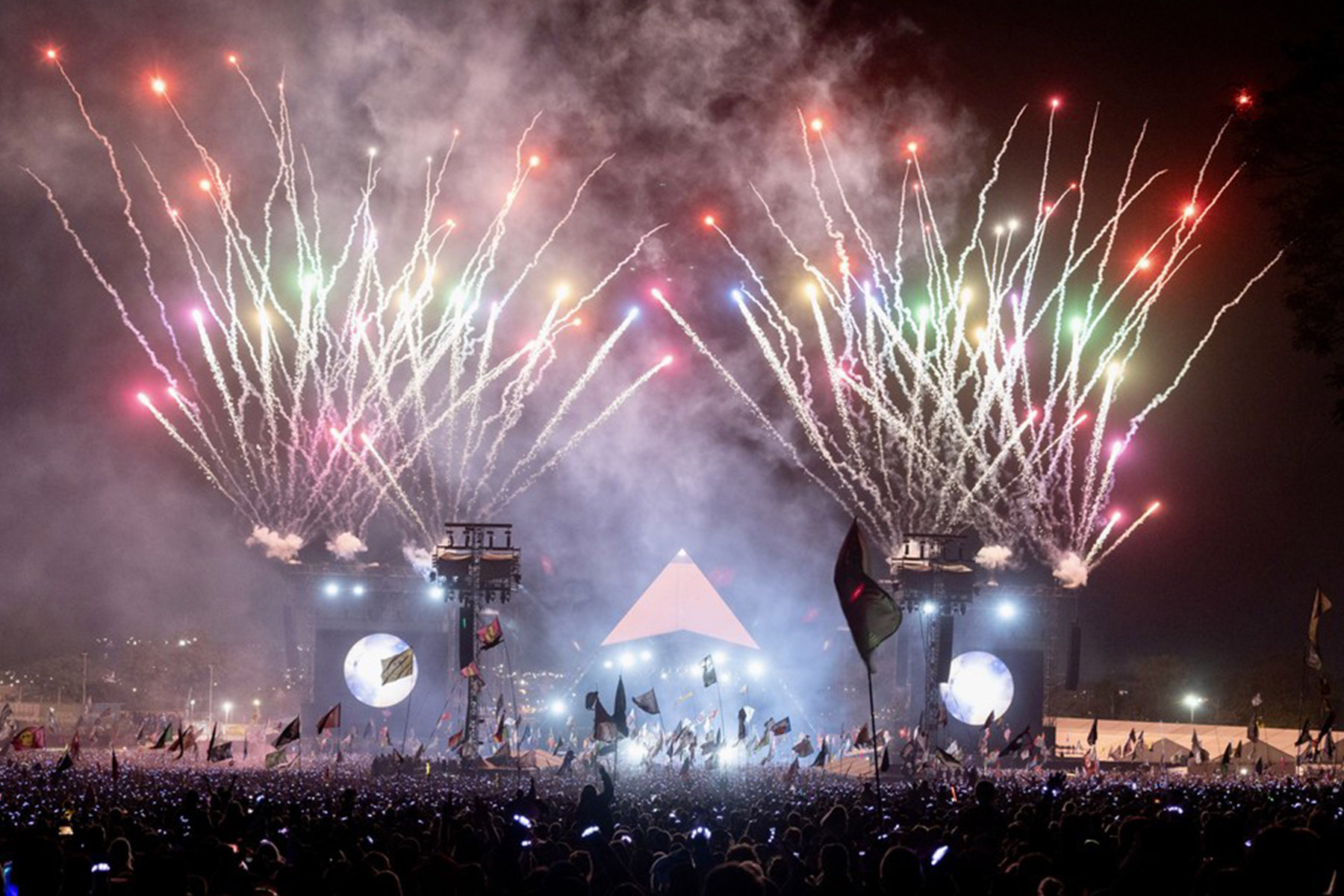A recent survey conducted by Electronic Groove has offered an intriguing glimpse into the multifaceted world of clubbing culture, capturing voices from across the globe. From Amsterdam to the US, the survey paints a vivid picture of an industry that is both dynamic and reflective of broader societal changes.
Photo by Aleksandr Popov on Unsplash
Delving into the responses from our last editorial, several key themes emerge, each shedding light on different aspects of the current clubbing landscape. Here are some of the thoughts we found more relevant from more than 56 different locations.
Andrew from Pennsylvania (US) observes a shift in the way younger audiences engage with music: “The attention span of younger clubgoers has truly impacted clubbing culture. It’s hard to create a groove when switching tracks every minute. With social media’s algorithmic consumption, young people don’t seem to have the patience to let the music take them somewhere.”
Emerson from Amsterdam shares a personal reflection: “At 50, I am now clubbing more than I did in my mid-20s in that great late-90s scene in London. The places I loved have disappeared due to gentrification and crackdowns on substance use.”
Dan from Bucharest offers a nostalgic look at his local scene: “My city was never very relevant on the global clubbing scene. In the last decade, interest in clubs has vanished. I long for the good old days.”
AkFnX from Spain provides a critical perspective on recent changes: “The pandemic and imposed restrictions achieved their objective of canceling nightlife, destroying the way society enjoyed it, and causing thousands of businesses to close.”
Krzysztof from Oslo highlights growing environmental consciousness: “Awareness of environmental issues has led to calls for eco-friendly practices within the nightlife industry. Sustainability initiatives are prompting some clubs to adopt new measures.”
John from Jacksonville (US) comments on changes in club culture: “The crowd used to face the speakers, just listening to the music. Now, everyone wants to film the entire set or take selfies. It’s more about being seen than enjoying the scene.”
Roberts from Amsterdam discusses the impact of regulations: “In Amsterdam, where I moved three years ago, the scene is very different. Municipal authorities understand that social cohesiveness requires allowing clubs and festivals to do their thing.”
Lisa from Amsterdam criticizes the profit-driven approach of some club owners: “Many club owners have no idea about clubbing culture. They’re just property owners trying to make money from promoters. When profits aren’t as expected, they either close the club or change the concept.”
Johnny from New Zealand reflects on the enduring nature of clubbing: “As a DJ of over 25 years, I’ve seen many changes. It comes and goes like all things, and it’s still a fun ride no matter what happens.”
In conclusion, our survey provides a nuanced snapshot of global clubbing culture, highlighting its complexities and the challenges it faces. As the industry keeps moving in these murky times, the voices and perspectives captured in this survey underscore the importance of diversity, sustainability, and the enduring power of music to bring people together.

